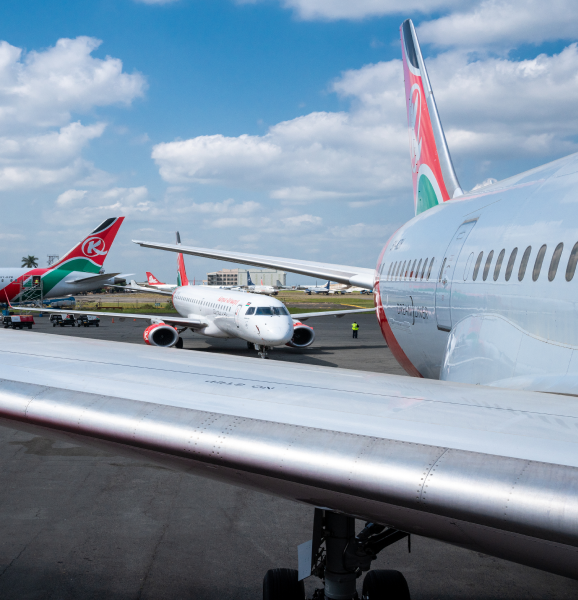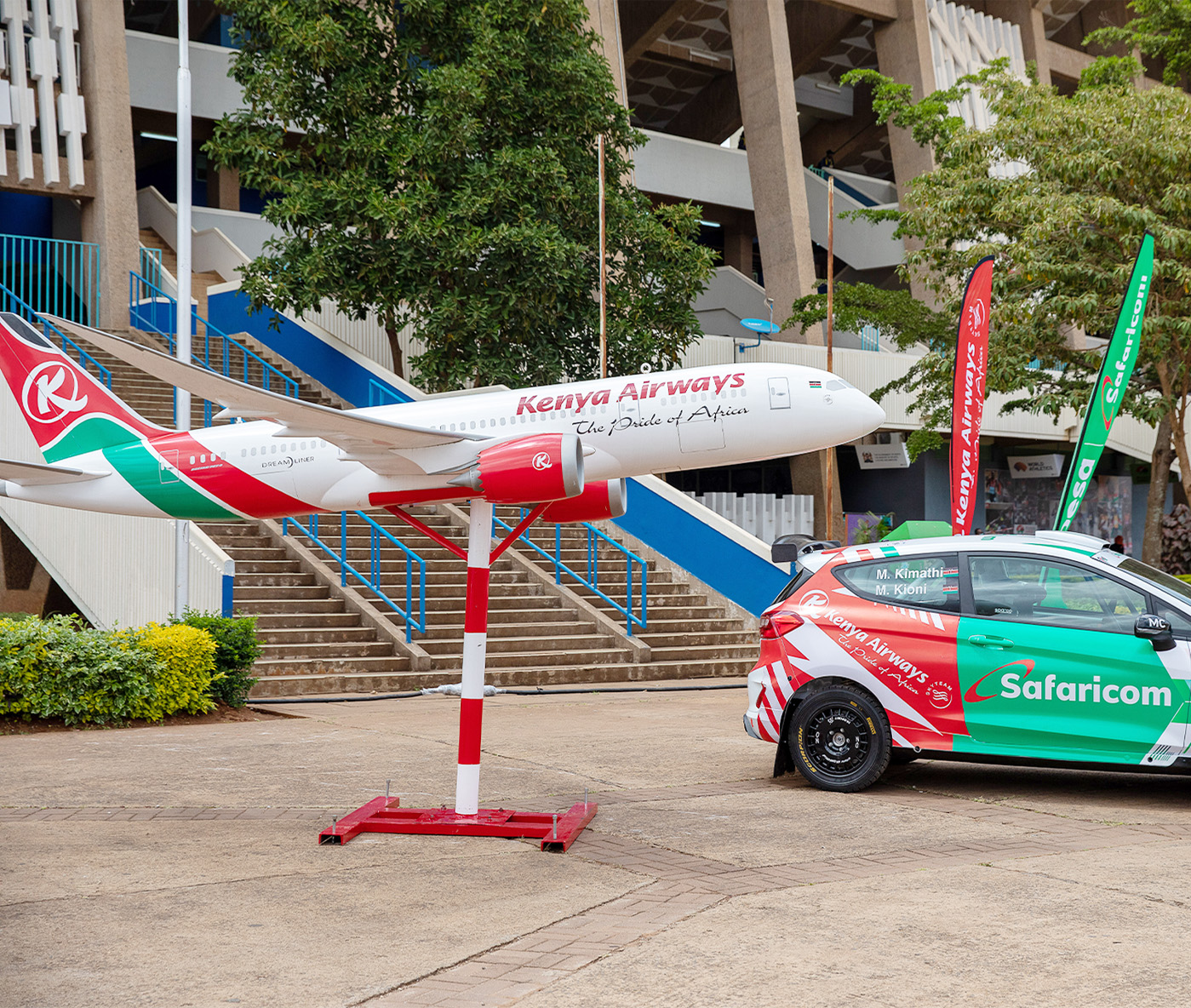The Pride Centre
At Kenya Airways 's Aviation Security Training Centre, we offer specialized training for aviation security personnel, ensuring their proficiency in national and international aviation security regulations and standards. Our comprehensive curriculum covers risk assessment, threat recognition, and crisis management to effectively mitigate security risks. The Pride Centre functions as a central hub for sharing knowledge and promoting best practices. As security threats evolve, the Pride Centre continuously develops and delivers training programs to address emerging challenges.
K-9 Unit
Our K-9 unit bolsters our security measures, discourages potential threats, and offers a flexible and proactive approach to ensuring security at Kenya Airways. These trained canines possess the ability to detect an extensive array of substances, showcasing versatility in adapting to diverse scenarios for non-intrusive screening purposes.
Partnerships
Through strategic partnerships, we aim to leverage collective expertise, resources, and intelligence to effectively mitigate security risks and uphold the highest standards of security.
Human trafficking
Human trafficking is one of the greatest atrocities of the 21st century. With as many as 24.9 million people sold into prostitution, domestic servitude, or other forced labour around the globe. Kenya Airways recognises the considerable moral and economic harm of human trafficking in our communities and nation.
Kenya Airways is vigilant and proactive in identifying and reporting potential cases of human trafficking by training staff.
Wildlife Trafficking
Wildlife trafficking is a crime that threatens biodiversity and ecological balance worldwide. Wildlife trafficking in East Africa poses significant threats to both the region's biodiversity and its socio-economic well-being. Kenya Airways is a member of the United for Wildlife Transport Taskforce. The Taskforce brings together global transport and freight industry experts including airports, shipping companies, and airlines with law enforcement and other agencies to identify and facilitate action led by the private sector.








